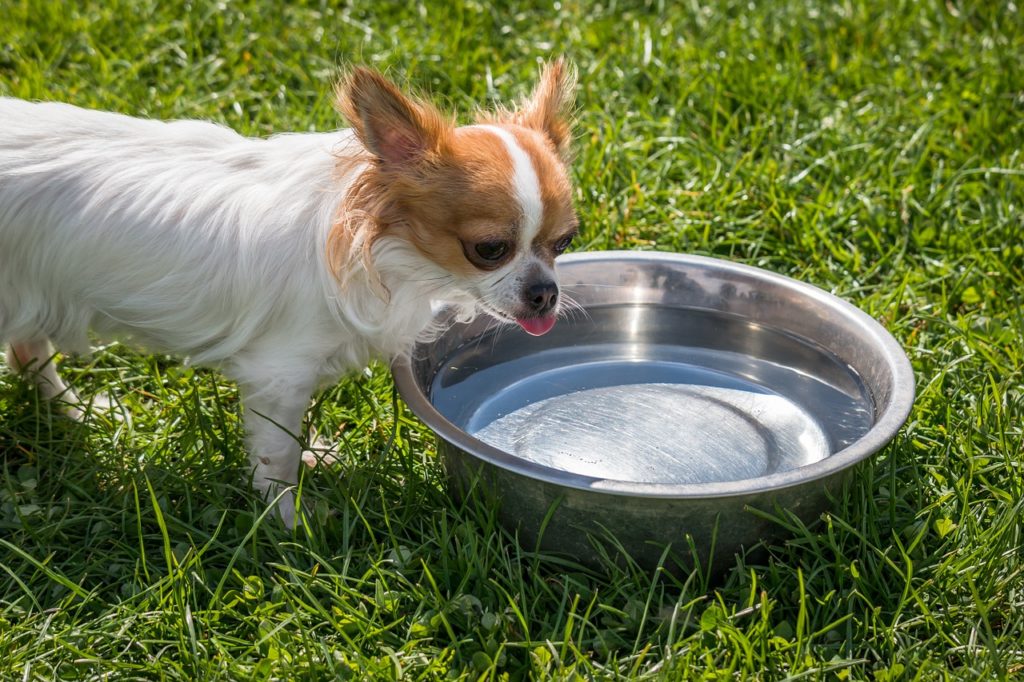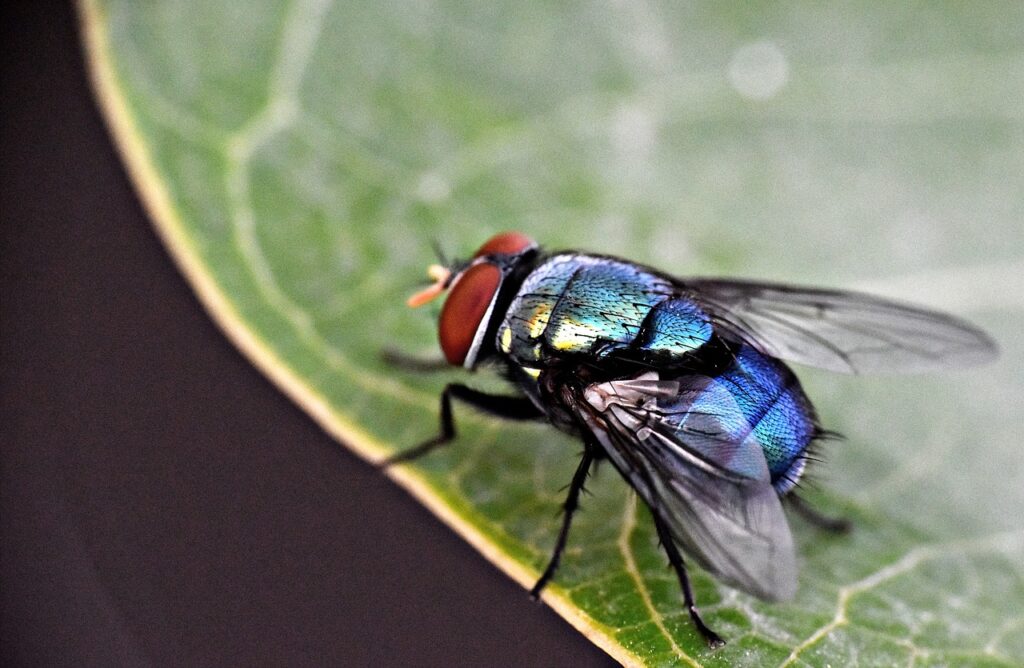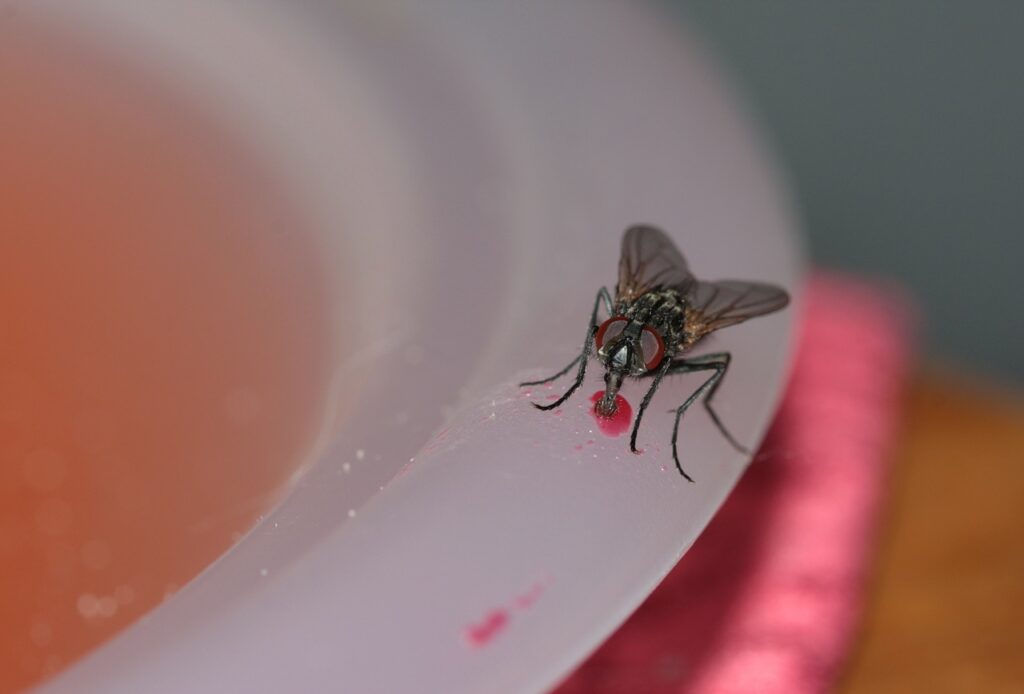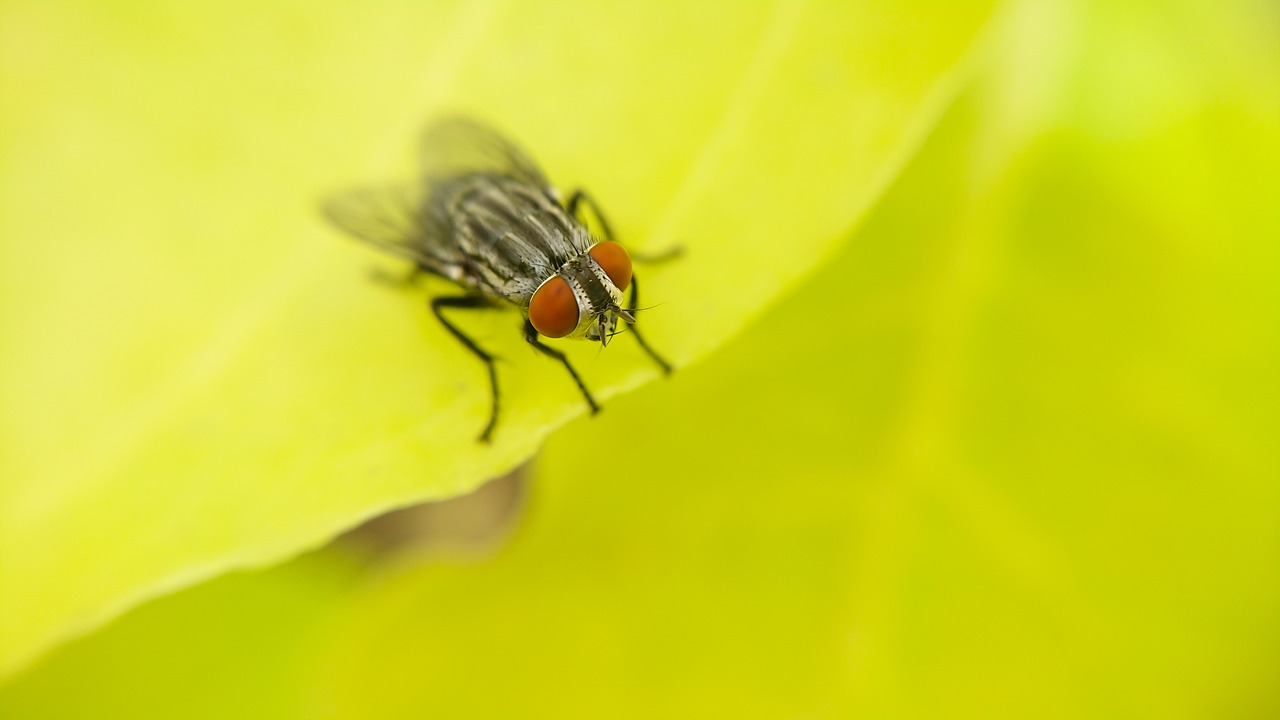Flies are some of the most common household pests. In fact, they are so common that many homeowners don’t even consider them as household pests anymore and just inherent parts of their surroundings. But let’s not forget that nature didn’t create flies just to annoy humans. They play an important role in nature. Below we list six benefits of flies to humans
The biggest benefits of flies to humans are…
1. They are pollinators
When you think about pollinators, bees are probably the first ones that come into your mind. There are so many other pollinators out there, such as butterflies, wasps, and of course, flies. Some pollinators are better than others. Bees are great pollinators because they are so “hairy.” Pollen gets stuck in their hairs and spreads on the flowers they land on.
Some fly species are great pollinators because they are hairy as well. Blowflies and horseflies are good examples. There are even studies out there that show the efficiency of blowflies when it comes to pollination. They are a lot cheaper to cultivate too compared to honeybees, improving the bottom lines of farms.
2. They play an important role in the food chain
Many of us are not ready to incorporate insects such as flies into our diets even though many governments and organizations around the world are starting to advocate for it. But animals are different. Insects are mainstays in the diets of animals, and flies are particularly important for birds, frogs, and lizards.
There is also an initiative to grow flies and use them as sustainable food for chickens and fish. Industrial farms can have a negative effect on the environment because they deplete resources to feed livestock. Flies as cheaper food alternatives are good for both the environment and our pockets.
3. They help clean the environment
Flies are not picky eaters. They will eat pretty much anything organic. This is why you often find flies around your home even if you don’t have “food” around. They have a different definition for food. For them, even your dog’s poop in your yard is food.
This may seem gross in human neighborhoods because we can clean up after ourselves. But out in the wild, it’s extremely useful to have flies cleaning and eating up all the waste. Without flies and maggots, there will be so many animal carcasses and rubbish in the wild. We should be thankful we have natural janitors, and they are cleaning up for us for free. This is one of the most overlooked benefits of flies to humans.

4. They assist in forensics
Because flies are attracted to dead things, they can be very useful in murder investigations. Usually, flies are the first ones to find the corpses of victims. Investigators are now incorporating flies into their investigation to help estimate the time of death.
Flies and maggots develop at predictable rates, so investigators try to determine their age and help estimate when they have found the body. This process can be complicated because it involves CT scans. Not all investigators have access to such medical equipment, but that can change in the future as this forensic technique becomes more developed.
5. They can help improve our immune systems
Flies live in the nastiest of places. They can thrive in garbage cans, sewers, and other dirty places you can think of. This is part of the reason why they are carriers of disease-causing microorganisms. Thankfully, mother nature has a sense of humor. Flies are giving scientists insights into how to combat these same disease-causing microorganisms.
With the help of flies, scientists are having a better understanding of pathogen immunity, especially because these insects are carriers of over a hundred human diseases, such as tuberculosis and typhoid. Flies are a key for humans to be able to thrive in toxic environments.
6. Maggot treatment is a thing (really) and can benefit humans
First things first — please don’t try this at home. The maggots in your garbage cans are not going to improve your health. Get rid of them as soon as you can. Maggot therapy can only be done by specialized medical professionals, and they use specific kinds of maggots to help treat wounds.
Maggot therapy works by putting fly larvae on wounds such as bed sores and diabetic ulcers. The maggots will eat away infected tissues, clean the wounds with their antibacterial saliva, and help promote tissue growth.

The benefits of flies don’t mean you can forget the dangers
Yes, flies have benefits to humans. But this doesn’t mean you should warm up to them. They are still dangerous. Their unsanitary ways spread diseases and filth around your home. And they can harm your household pets too.
- Flies carry disease-causing microorganisms. Flies carry a lot of disease-causing microorganisms because of their habits. Some of the most prominent diseases you can get from them are cholera, E. coli infection, diarrhea, dysentery, salmonellosis, shigellosis, and typhoid fever.
- They spit and defecate all over your home. There are many ways for flies to spread diseases. The hairs all over their bodies can spread diseases and filth. But don’t underestimate the microorganisms in their guts. Flies spit on your food. They also defecate all over your home, resulting in dark spots on surfaces and walls. You can get sick by getting into contact with these microorganisms from their guts.
- They can attack your pets too. Some fly species just attack animals. Some of these are buffalo flies, horse flies, and stable flies. You will often find these flies around farms and stables. If you live near livestock, your cats and dogs are more vulnerable to fly attacks. Fly attacks can result in bites, wounds, and ultimately, dangerous infections.

Flies can benefit humans
Flies have a bad reputation — and deservedly so. They are notorious spreaders of disease. But with that said, flies do have benefits for humans. They play an important role in nature. They clean the environment, pollinate flowers, and provide sustenance to other animals. Humans are also taking advantage of their natural properties to further advance forensic technology and medicine.
However, these benefits of flies to humans don’t mean you should start welcoming flies inside your home.

